Hapag-Lloyd will use advanced biofuels for the transport of DHL shipments
Green Car Congress
JULY 8, 2022
Advanced biofuels are based on raw biological materials, such as used cooking oil and other waste products. This material is used to manufacture a fatty acid methyl ester (FAME) (biodiesel), which is then mixed with varying proportions of low sulfur fuel oil. —Danny Smolders, Managing Director Global Sales at Hapag-Lloyd.


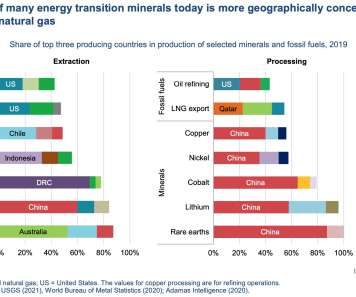

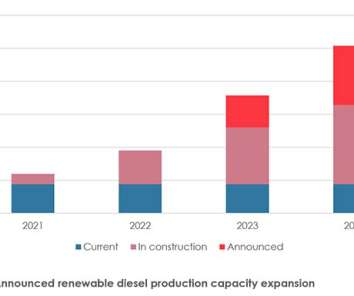


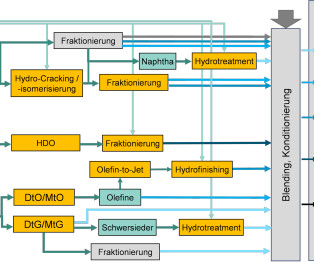









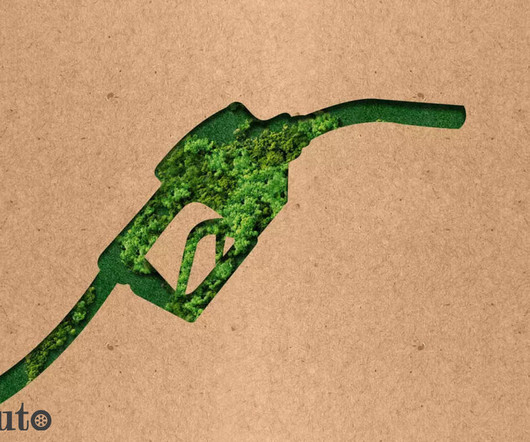




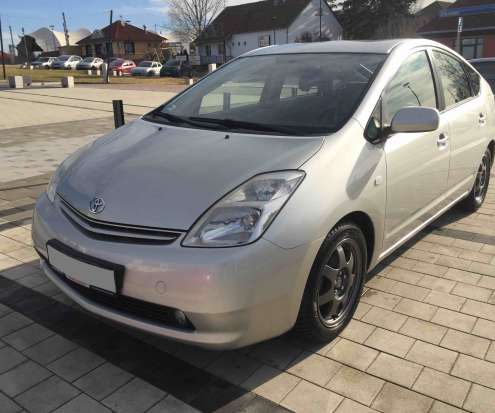






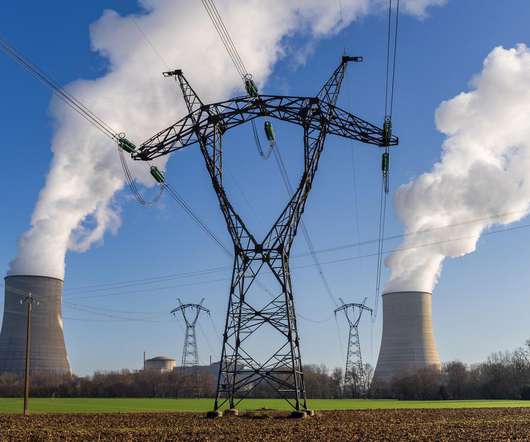








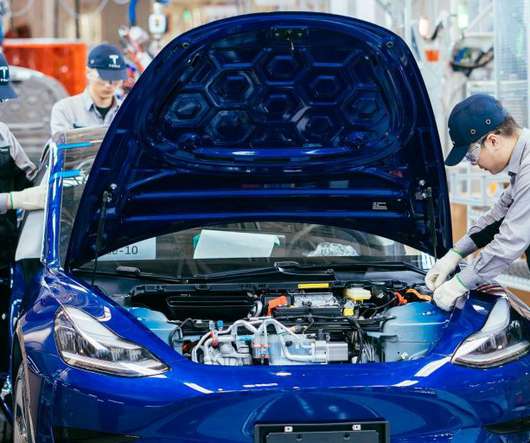







Let's personalize your content